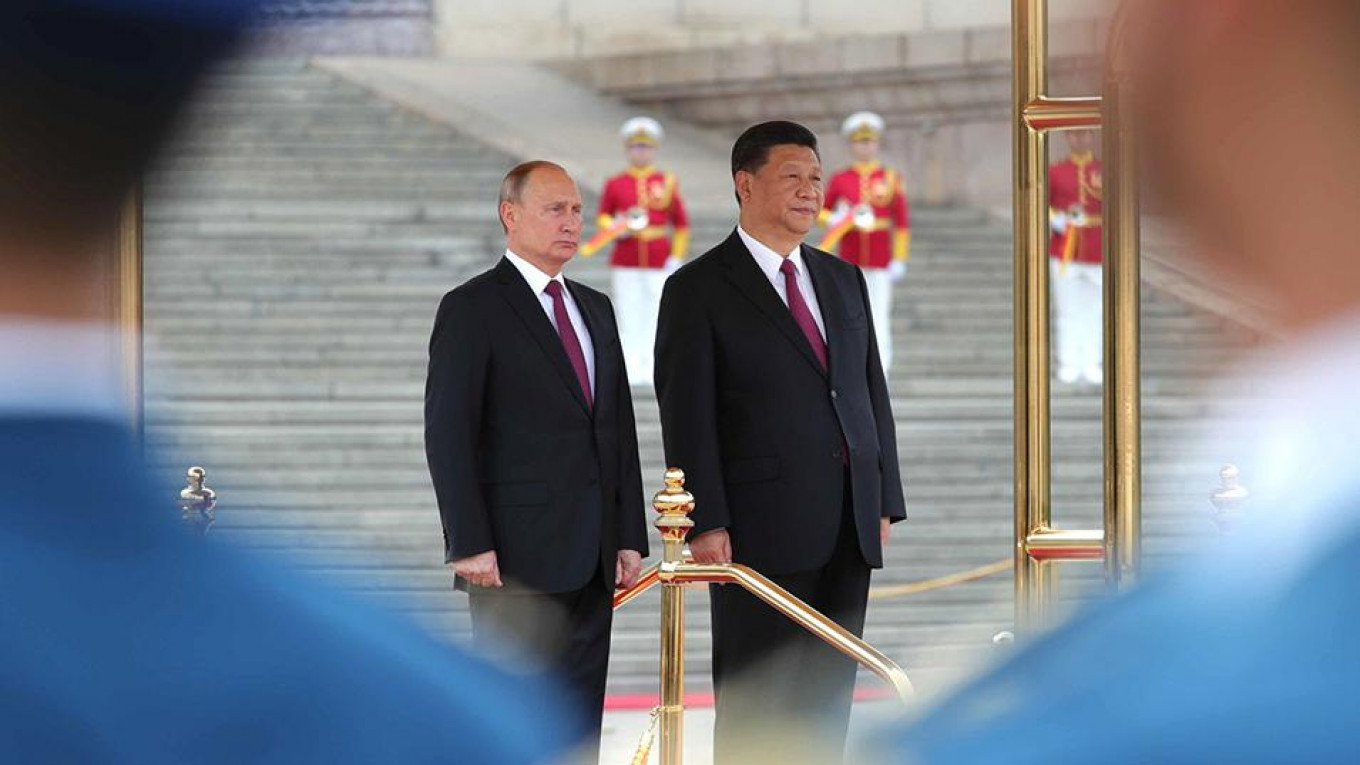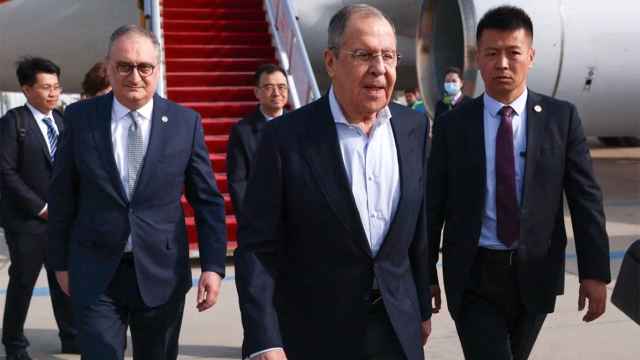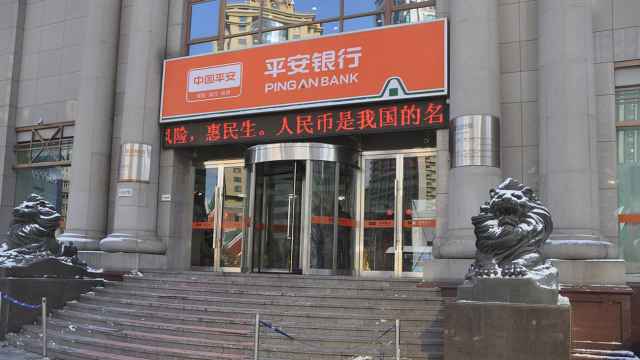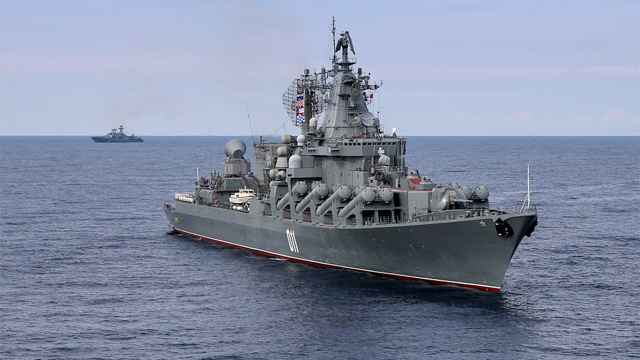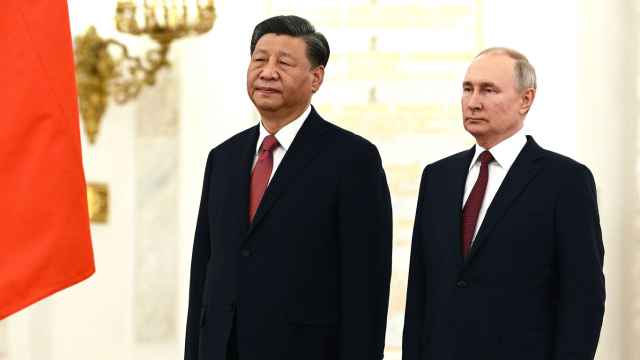Much is made of the supposed Sino-Russian alliance, and Beijing's denunciation of Western “interference” behind the Moscow protests appears to give more evidence of an axis of authoritarianism. And yet a shared desire to blame the West for their problems and to undermine what they see as U.S. global hegemony cannot obscure the very real tensions in this relationship.
In their own ways, both are grappling with the growing gap between the expectations of the most liberal and Westernised elements of their populations, the metropolitan Muscovites and the Honk Kongers, respectively. It is undeniably convenient for them to blame meddling by the usual suspects of Western intelligence agencies, NGOs and journalists (not that they tend to see a great distinction between them). Some of the policy-makers on both sides probably even believe it.
But this is the lowest of low-hanging fruit. That two regimes trying to combine liberal economics and authoritarian government are aware of the dangers in social democracy supercharged by social media is hardly surprising. Samual Johnson had it that “Patriotism is the last refuge of the scoundrel,” but today it seems that accusations of a lack of patriotism have replaced it.
More broadly, Russia needs China more than China needs Russia, and as a result Moscow privately resents and fears Beijing, which privately disdains it in return.
The trade figures alone illustrate this imbalance. China is Russia's top trading partner; Russia is only China's tenth-largest.
To the Chinese, the Russian propensity to break the rules of the international system so openly and disruptively are useful but uncultured. Moscow is their icebreaker, noisily grinding its way through the pack ice with a mighty crunching and a hooting of horns. The Chinese are glad to take fullest example of this — one might wonder if their incursions into the South China Sea would attract more attention and opprobrium were the Russians not flagrantly breaking international law in Ukraine — but that doesn’t mean they have to respect the icebreaker crew.
Beyond that, for what does China need Russia? Not so much as a market but a source of raw materials and energy, from timber to oil. No friendship is needed for market access. Beijing knows full well how desperate Russia is for sales and alternative sources of funding these days. All it needs is money for that.
It is not as though the Russians don’t know this. Any illusions would not have survived the brutal negotiations over the November 2014 gas deal, where Beijing used Vladimir Putin's desperation for an agreement to drive a very hard bargain.
Meanwhile, China's economic influence spreads in the Russian Far East and in the post-Soviet States which Moscow regard as its sphere of influence. Only that this is an asymmetric competition — Moscow wants the semblance of authority, about which Beijing doesn’t really care so long as it gets the deals it wants — has allowed everyone to pretend this is not happening.
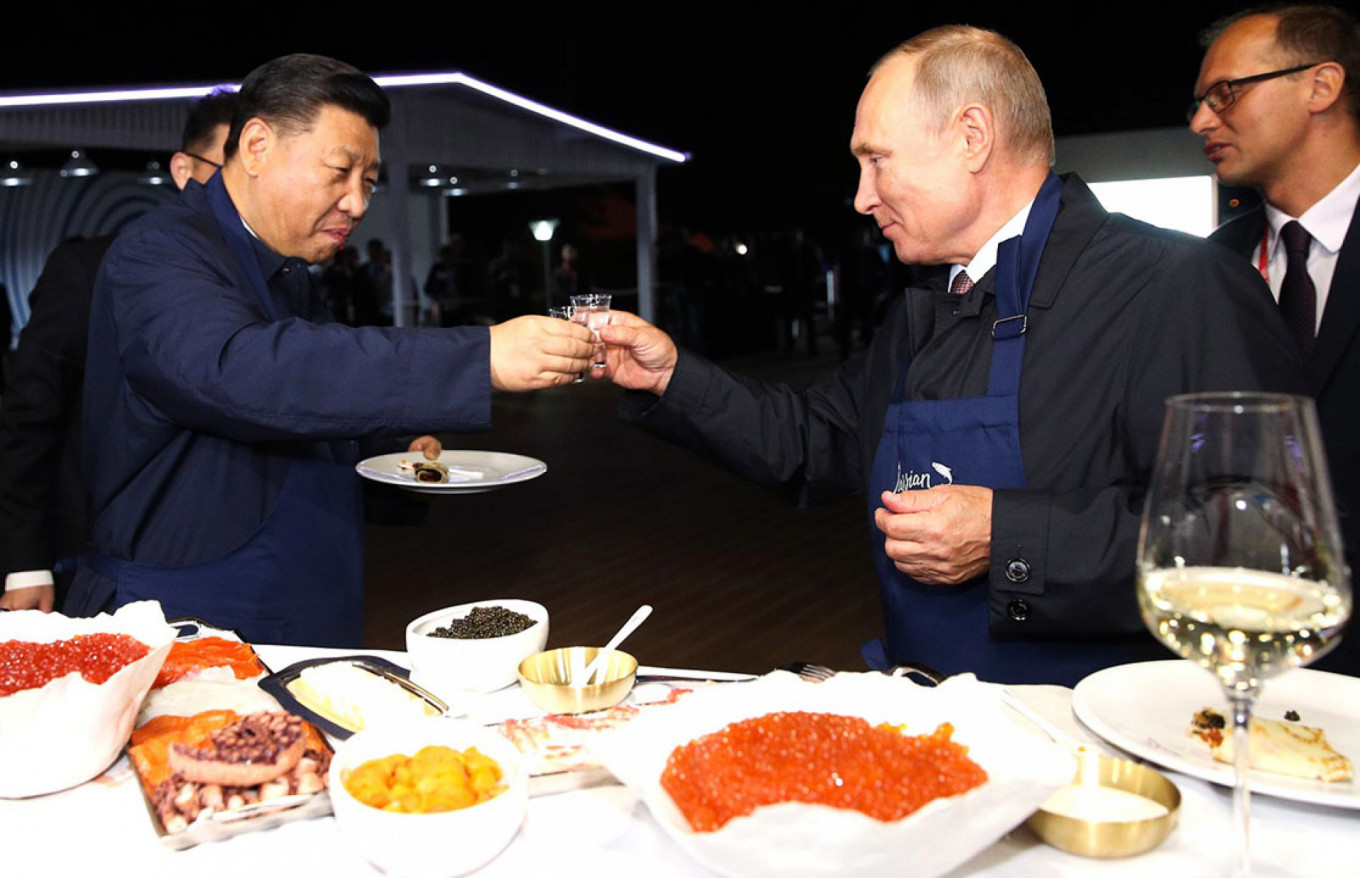
But it is happening, and everyone knows it. Locked in geopolitical competition with the West, Moscow needs whatever assets it can find, and so for the moment, that includes Beijing.
This is a cosplay alliance, though, more about form than substance.
In September of last year, for example, much was made that more than 3,000 Chinese troops would take part in Russia's Vostok military exercises. Yet Moscow kept the Chinese locked away in a sideshow part of the exercise, lest they learn too much about Russian military capabilities.
Meanwhile, the Chinese sent a Dongdiao-class spy ship to snoop on Russian warships involved in the naval phase of Vostok, to which Beijing had not been invited to contribute.
That China's Xi Jinping praised Putin with uncharacteristic fervor as his “best friend” when they met in Moscow in June was actually a signal of tensions in the relationship, not satisfaction.
To Moscow, though, the Chinese challenge in some ways akin to climate change. They know it is a serious, even crucial one. Yet they don't really know what to do about it, and fear that the measures the challenge demands will be difficult and expensive. So instead they treat it as tomorrow's problem, perennially shelved in favor of more immediate but also more tractable problems, from Western criticism to protests in the streets.
How long will this wilful pretense last? Chinese investment in the Lake Baikal region led to protests from locals expressing both environment concern and nationalist outrage. Likewise, although many enterprises in the Russian Far East have become virtually dependent on Chinese partnerships, there are signs of a growing political backlash.
For the moment, though, this is unlikely to make a difference. Moscow regards China as an indispensable counterweight to the West. Just as important, many kleptocrats, bedeviled by the threat of sanctions, use Chinese partners and intermediaries to move and launder their ill-gotten assets.
The money doesn’t stay in China, though. This is just a waystation on the way to the West, which is still where the Russian elite wants to move its money. That is a fitting metaphor for a Russia that, for all its current dealings with Beijing, agrees with France's Emmanuel Macron, in his belief that “Europe stretches from Lisbon to Vladivostok.”
A Message from The Moscow Times:
Dear readers,
We are facing unprecedented challenges. Russia's Prosecutor General's Office has designated The Moscow Times as an "undesirable" organization, criminalizing our work and putting our staff at risk of prosecution. This follows our earlier unjust labeling as a "foreign agent."
These actions are direct attempts to silence independent journalism in Russia. The authorities claim our work "discredits the decisions of the Russian leadership." We see things differently: we strive to provide accurate, unbiased reporting on Russia.
We, the journalists of The Moscow Times, refuse to be silenced. But to continue our work, we need your help.
Your support, no matter how small, makes a world of difference. If you can, please support us monthly starting from just $2. It's quick to set up, and every contribution makes a significant impact.
By supporting The Moscow Times, you're defending open, independent journalism in the face of repression. Thank you for standing with us.
Remind me later.



